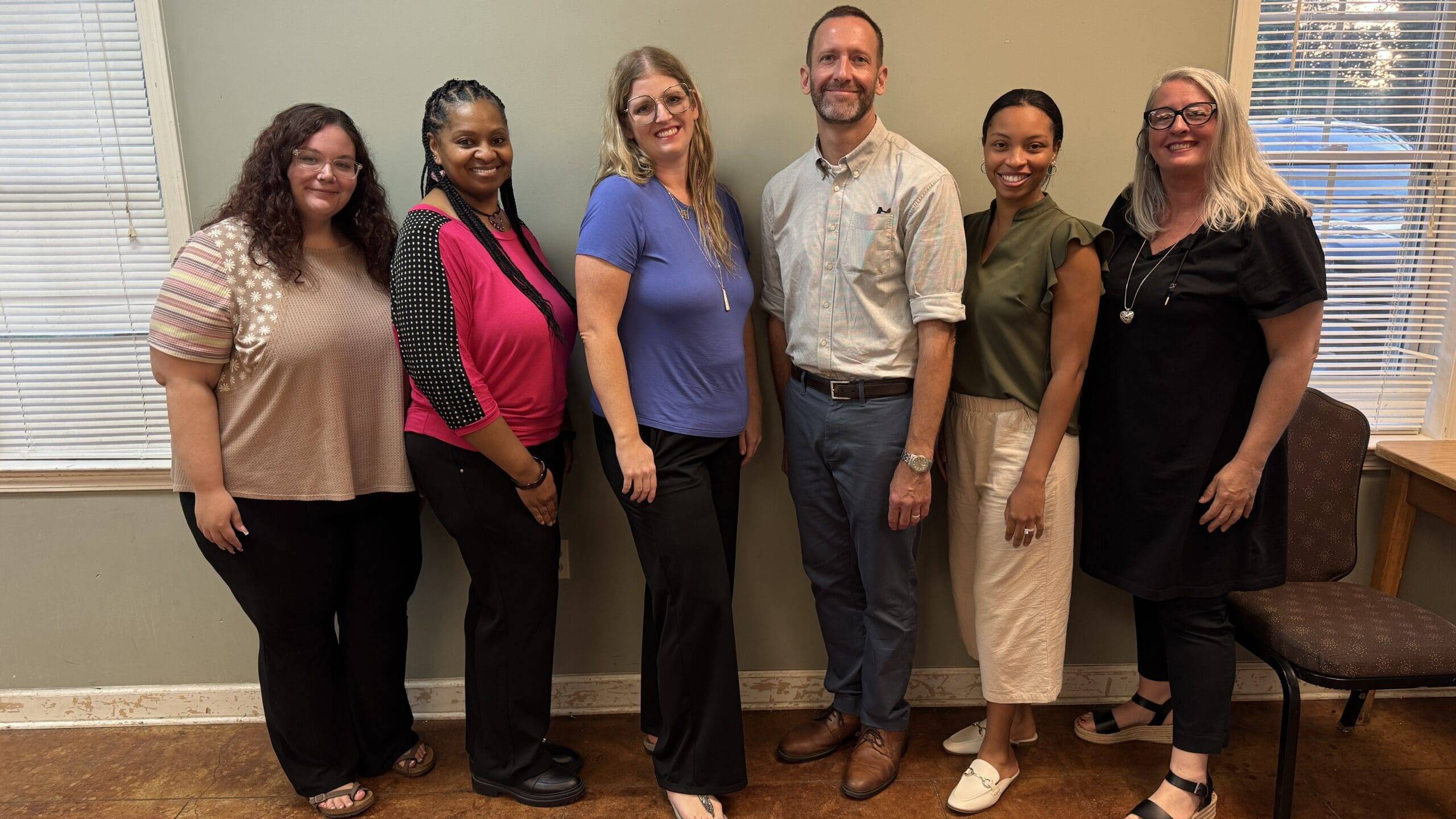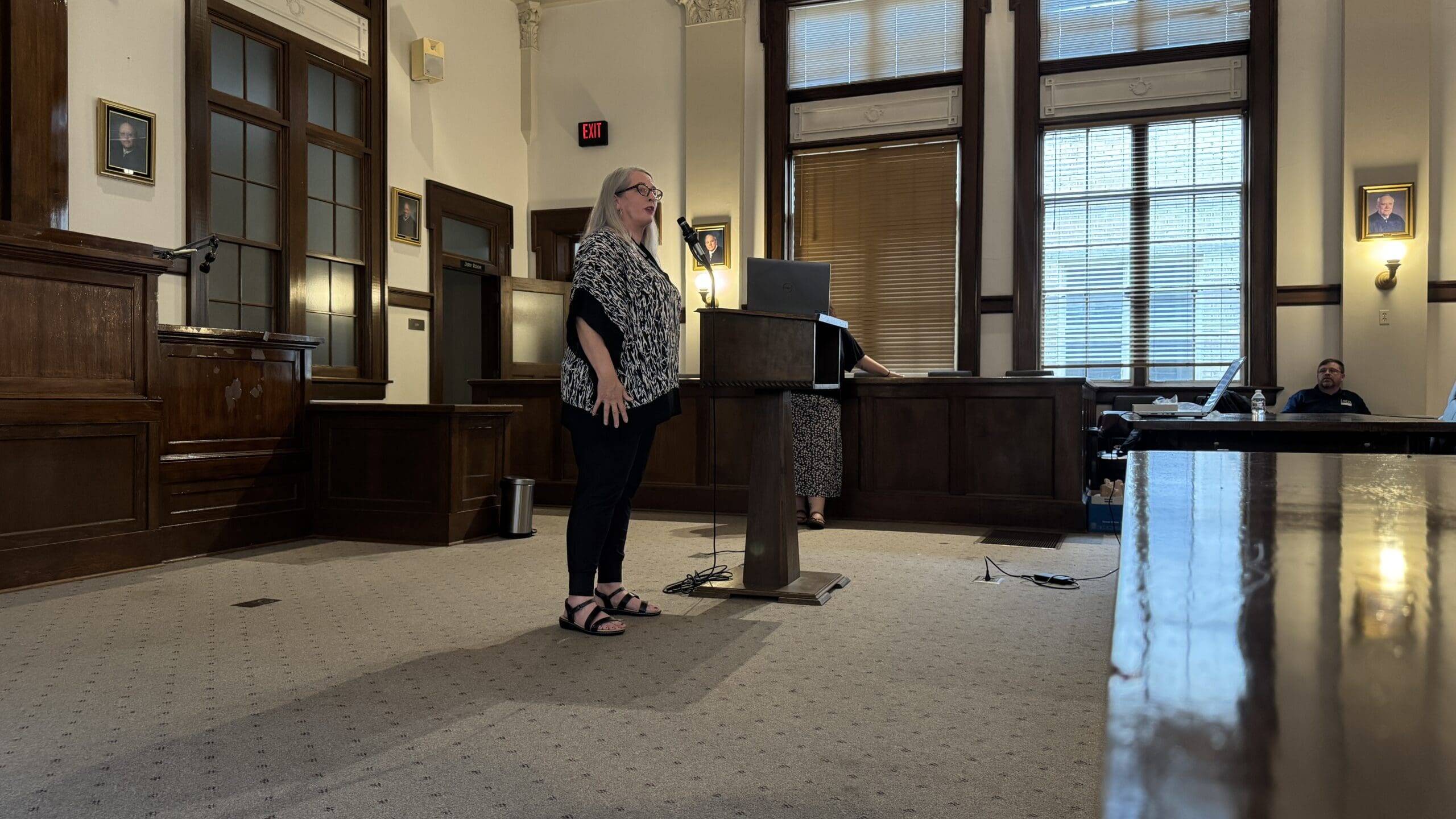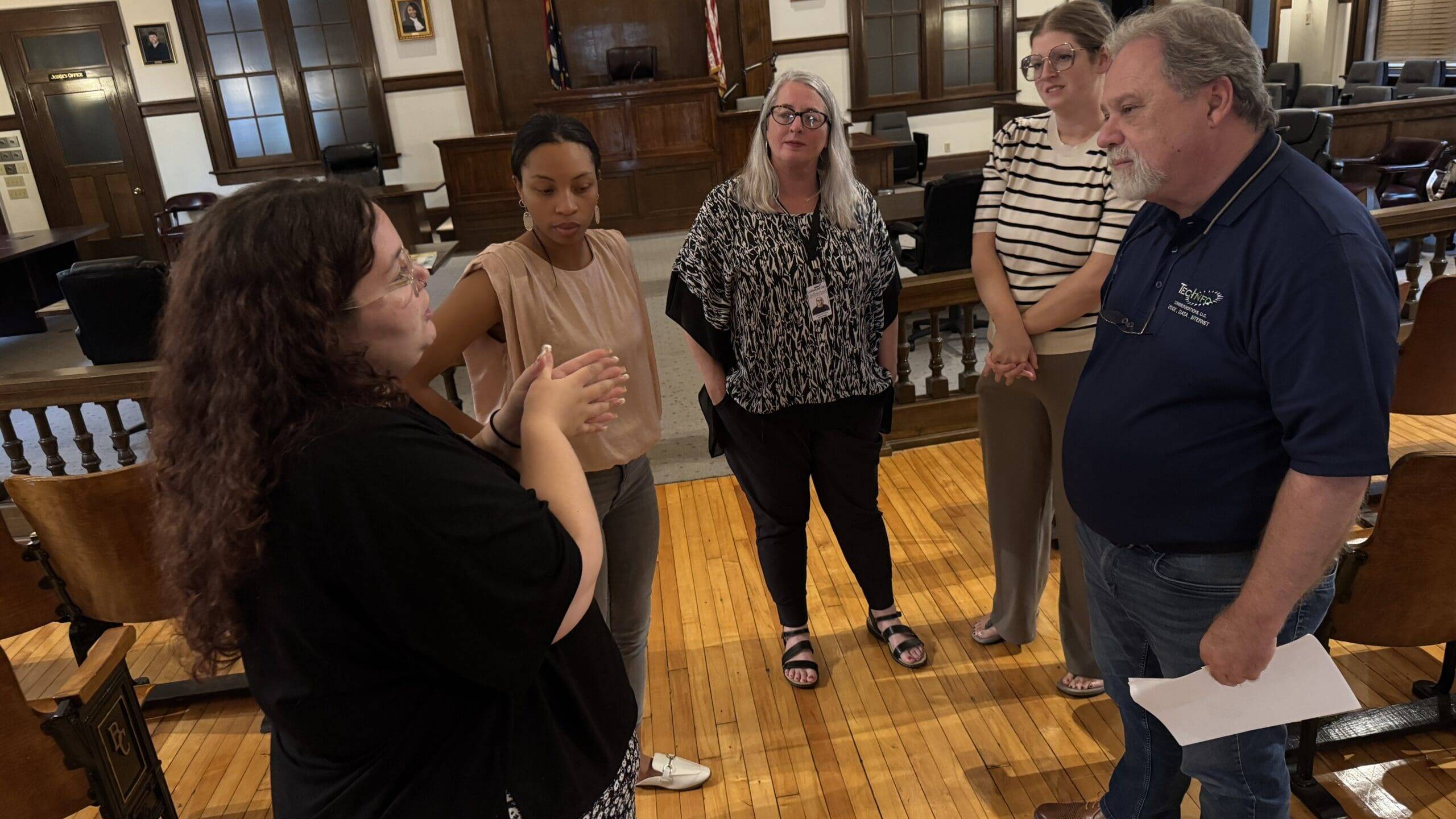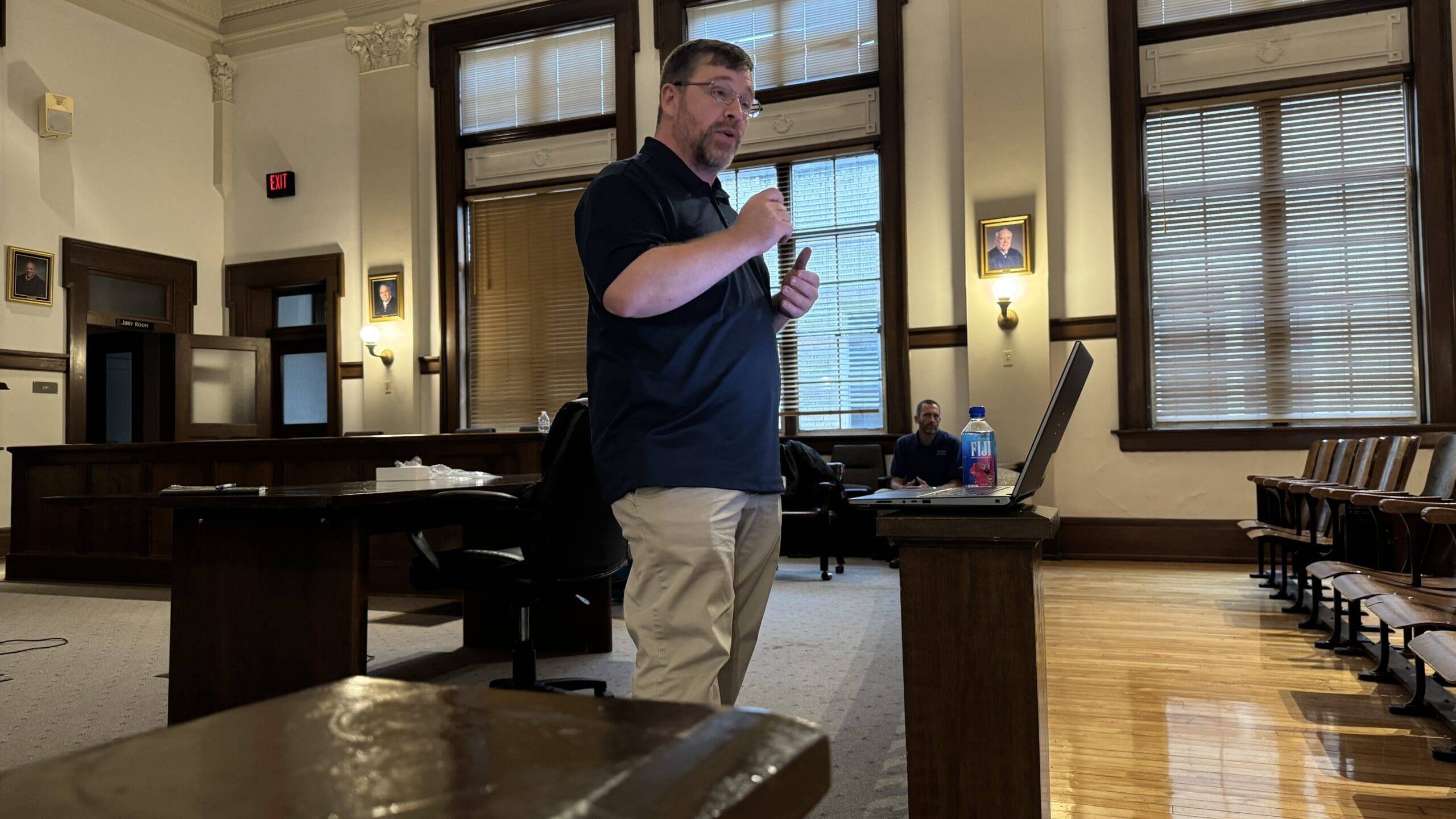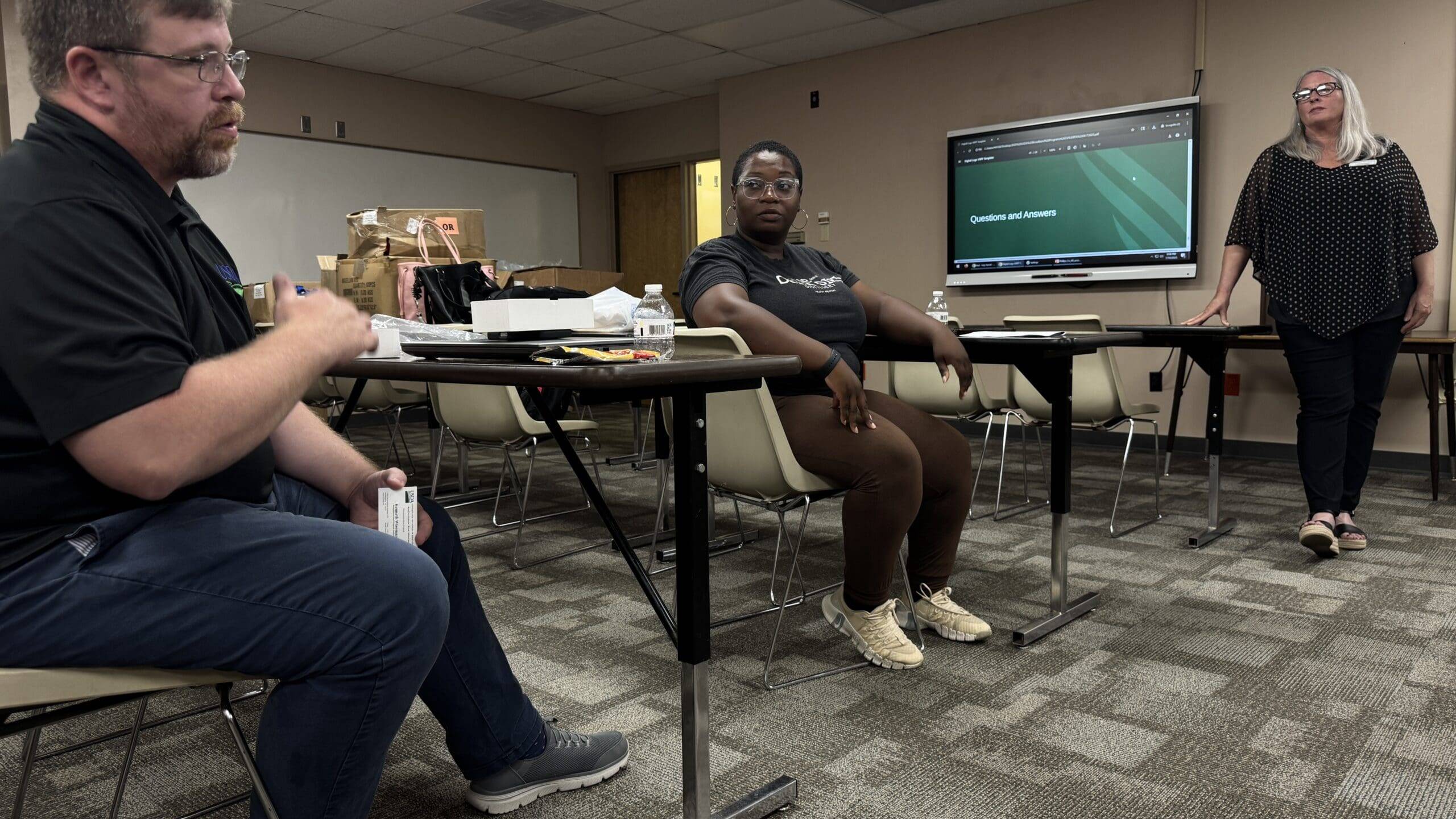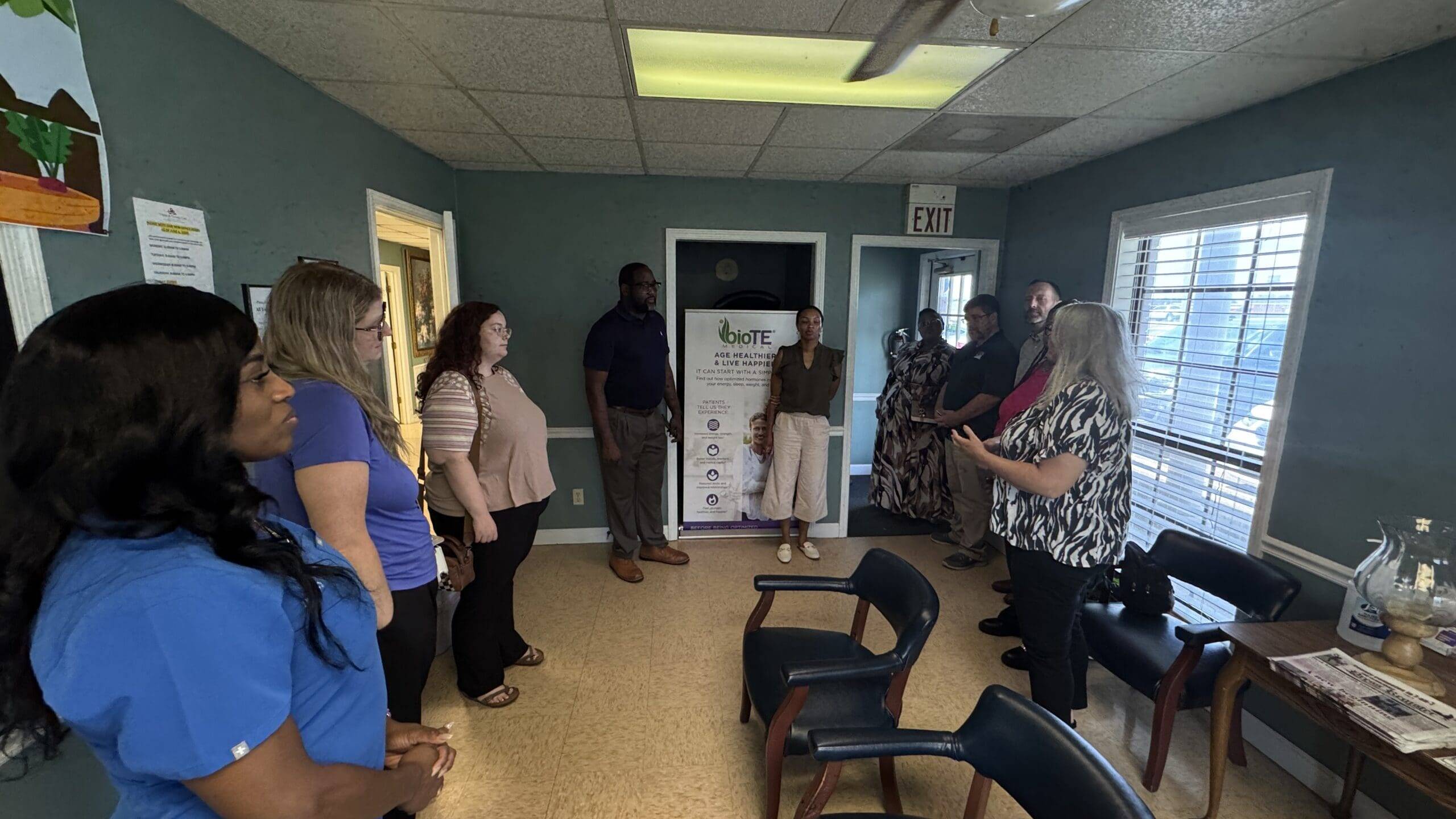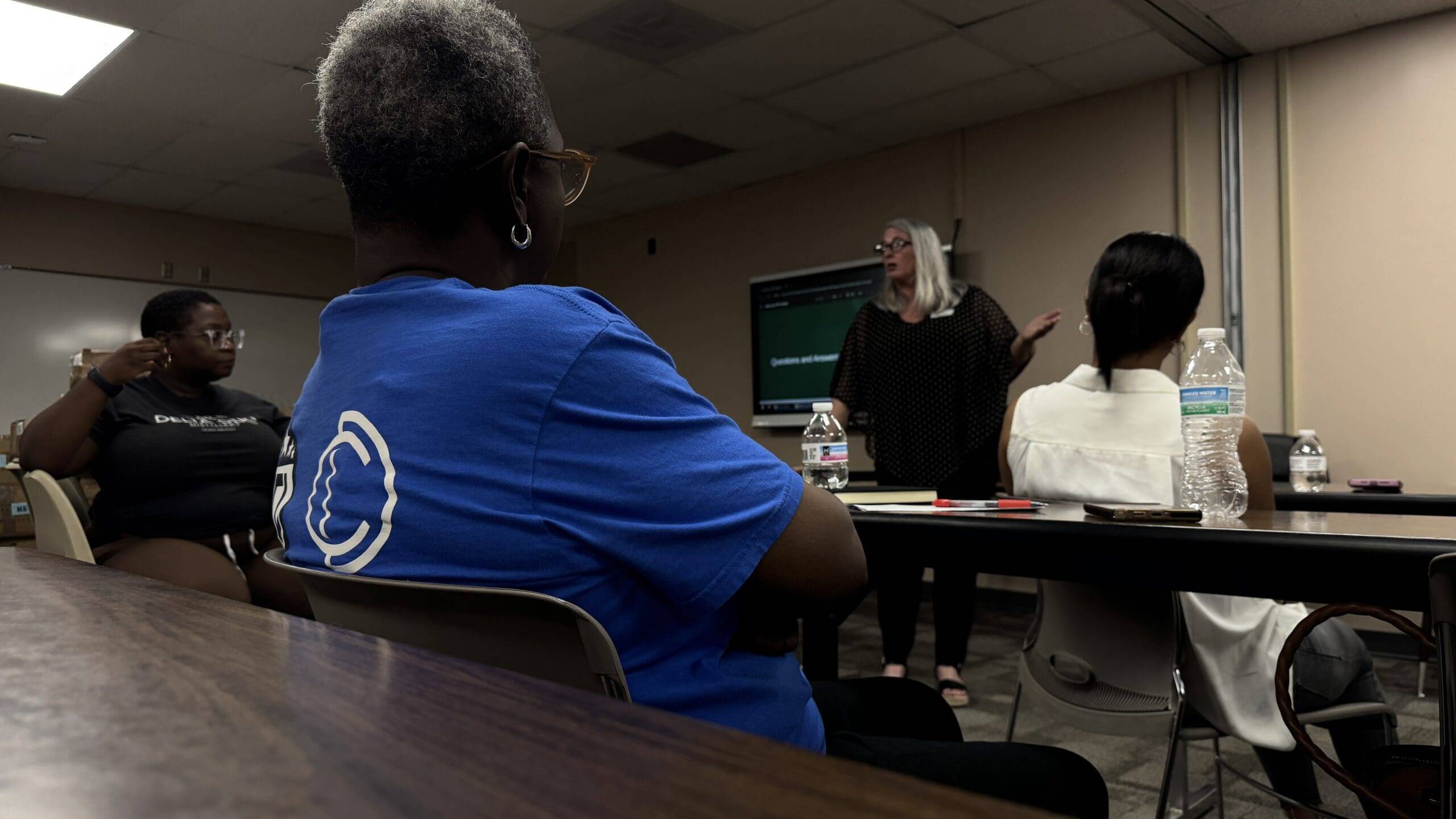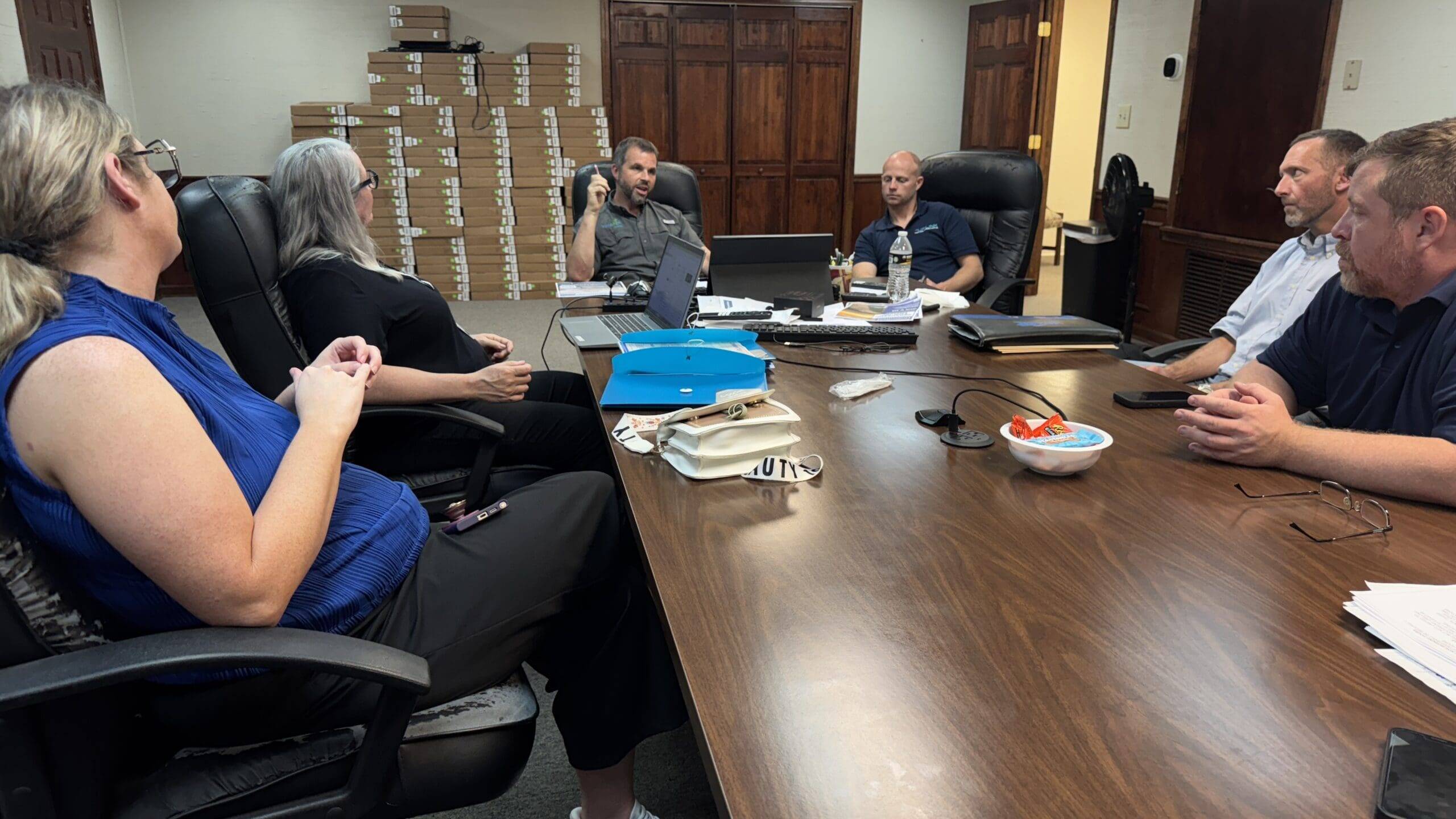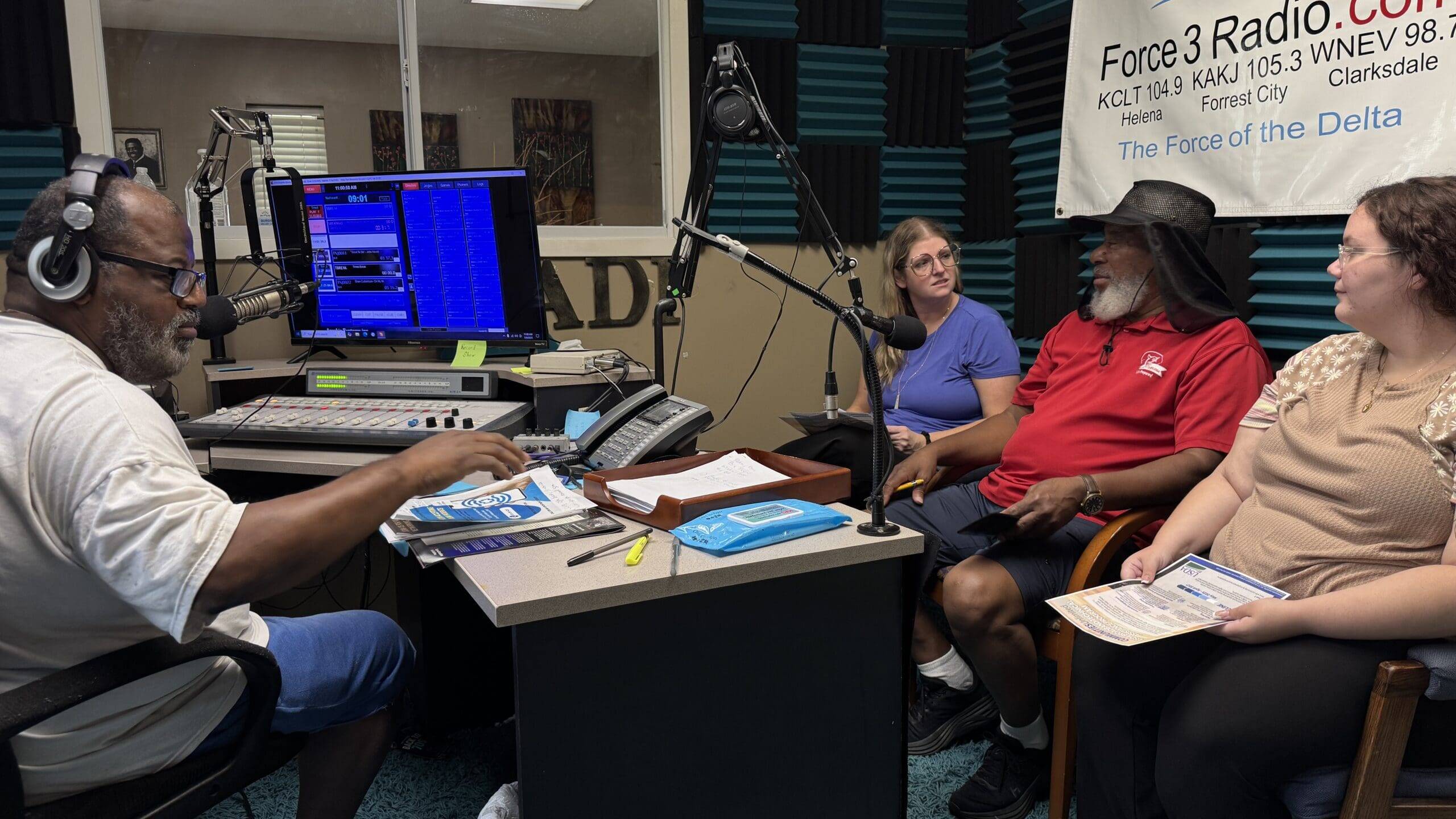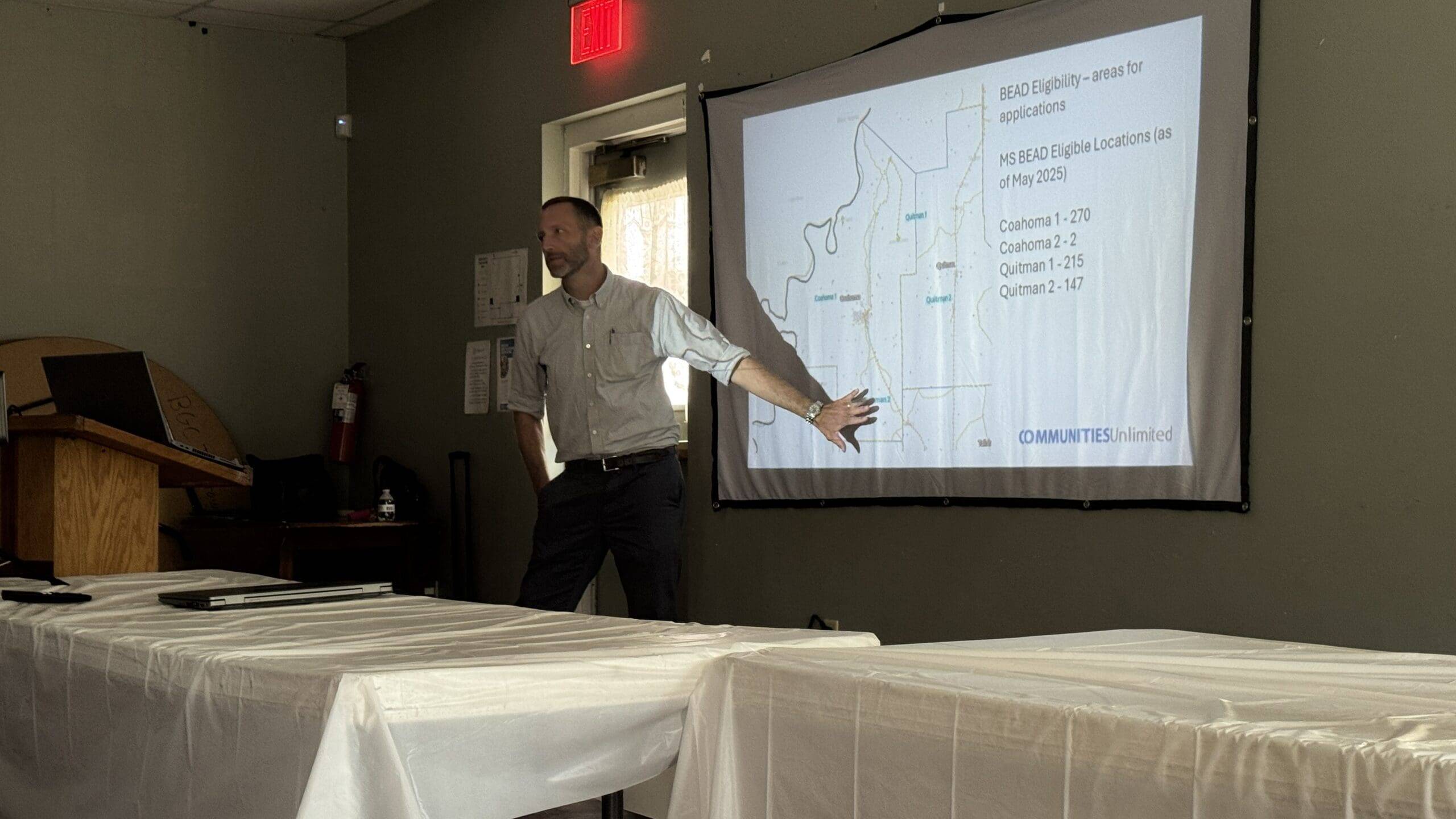The Broadband Team at Communities Unlimited (CU), alongside the U.S. Department of Agriculture (USDA), spent July 8-10 in Bolivar and Coahoma counties in Mississippi and Phillips County, Arkansas, meeting with local leaders and residents to launch a two-year effort to improve broadband access in some of the nation’s least-connected areas.
“We’re kicking off broadband community planning projects in the Mississippi Delta and the Arkansas Delta,” said Catherine Krantz, Area Director of Broadband for CU. “Communities Unlimited provides technical assistance to communities around infrastructure, and broadband is one of the most critical infrastructures that a community can have.”
Funded by the USDA, CU’s broadband project will deliver two years of technical assistance to 24 rural communities — 13 in Mississippi and 10 in Arkansas. The initiative includes gathering data, developing broadband assessments, guiding residents through funding opportunities, and tackling barriers like affordability, digital literacy, and adoption.
The goal is to equip communities with the knowledge to understand their connectivity challenges, explore available funding, and identify local internet service providers. Krantz emphasized that the Mississippi Delta is home to some of the least connected communities in the nation, and this effort aims to create pathways for rural areas to get connected.
At the heart of the project is a bold promise: connectivity.
“At the end of this two years, every community that we're working with will either have broadband already deployed, will have public-private partnerships in place, or will have a federal or state grant application in place. Ultimately, the goal is better connectivity in our communities, and that's what we're promising.”
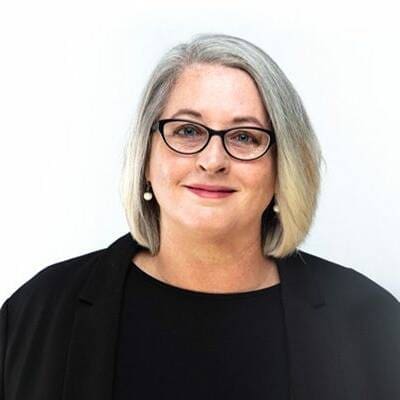
— Catherine Krantz, Area Director of Broadband at Communities Unlimited
For the USDA, broadband is more than infrastructure — it’s a lifeline.
“Internet touches every facet of life,” said Ken Wiseman, a telecommunications specialist with USDA’s Rural Utility Service. “Here in Mississippi and Arkansas, we grow a lot of crops. Let’s talk about precision agriculture. We can help those farmers have a better return on investment. It also means accessing education and job opportunities, e-commerce, and telehealth. At USDA, we firmly believe that your zip code should not determine your destiny.”
Wiseman said broadband technical assistance ensures rural communities are prepared before, during, and after infrastructure is built.
“You can build it and hope they will come, but sometimes you also have to work with communities to prepare for it,” he said. “And sometimes after it’s there, you also need to work with those communities to ensure that it gets adopted and used.”
Local Internet Service Providers (ISPs) are also stepping up to close the gap. Brian Smith, Chief Executive Officer of Uplink in Clarksdale, Mississippi, said federal grants have been critical in helping his small company expand service.
“When we started looking after COVID at federal grants, we thought, ‘If we can pull this off and access this money, we can connect our backyard,’” Smith said. “We’re local. We’re passionate about our communities. Who’s going to bring us up but us? Without these federal grant funds, we can’t do it. Now we’re turning up our communities with technology that rivals any big city, and that gives us an opportunity to bring our local economy up.”
For Barbara Turner, city clerk of Beulah, Mississippi, the need for internet service is urgent. She explained that it has been difficult for the town to access reliable internet, even though many residents want it. Turner noted that while there is strong interest in getting connected, many citizens simply don’t know how to navigate the process. She described the broadband team’s visit as a blessing for the community.
“God sent you here,” Turner said. “I hope everybody in Beulah will be able to get internet service — affordable internet service.”
Turner added that connectivity could transform daily life in Beulah, from paying bills to accessing telehealth and simply staying entertained.
“I like to watch TV,” Turner said. “I stay up at night watching TV and news. We need it.”
The meetings in Bolivar, Coahoma, and Phillips counties are just the beginning of CU and USDA’s effort to bridge the digital divide in the Delta.
“When rural America succeeds, all of America succeeds.”
— Ken Wiseman, Telecommunications Specialist with USDA’s Rural Utility Service


